When I arrive at work in the morning, nothing makes me happier than seeing ‘new puppy’ in the list of consultations for the day. These special visits really have to be one of my favourite things ever.
I just love cuddling those gorgeous, furry little bundles of joy, and I love the excitement and happiness that enters the room with them.
There are so many reasons I absolutely adore this part of my job. For starters, it gives me an opportunity to meet these little creatures and begin a friendship that will hopefully last a lifetime. First impressions definitely matter, and I work extra hard to achieve just the right ratios of enthusiasm, calm, pats, and delicious crunchy treats.
It’s amazing how full of personality the little pups are at such a young age. They are often bold and curious in this new, strange environment, although some can be a little overwhelmed and others are just plain sleepy!
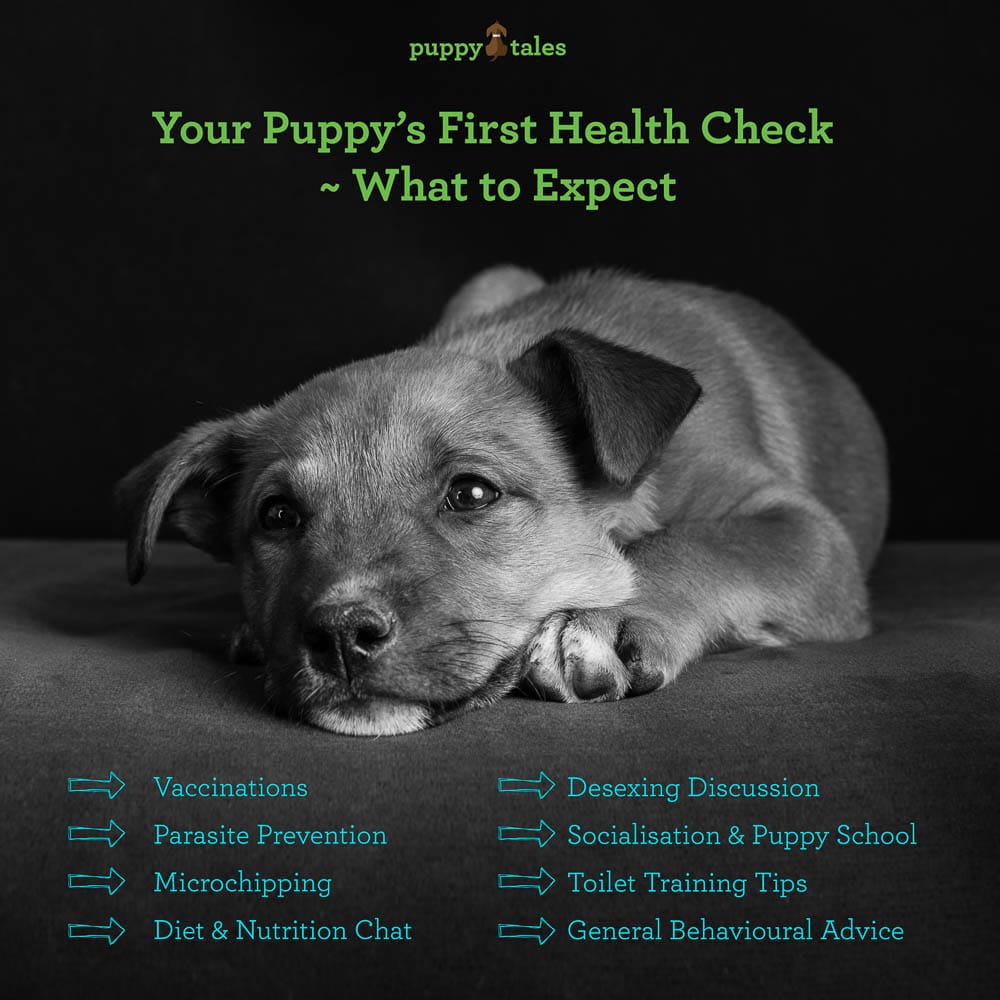
I also love this first appointment because it’s an opportunity to essentially start with a clean slate and help people do the best for their furkids from day one.
If I were to choose one piece of advice to give, it would be this:
Never be afraid to ask questions.
Call back later to clarify or go back over something if you’re not sure – it can be information overload during that first visit, not to mention adorable puppies are pretty distracting!
I’ve put together some of the things I like to discuss during this appointment, but there is always more, and remember to ask your vet lots of questions. We love questions!
Vaccinations
Often the first time I see a puppy with his or her new family is around 10 – 12 weeks of age for the second puppy vaccination. The vaccine normally given at this age in Australia is called a C5, and as the name suggests, it helps to protect puppies against five things:
- Parvovirus
- Distemper
- Hepatitis
- Parainfluenza (Kennel Cough)
- Bordetella bronchiseptica
It’s really important to complete the puppy vaccination schedule as recommended by your vet, as inadequate coverage at this vulnerable age means your puppy is potentially at risk of contracting some very nasty and potentially fatal infections.
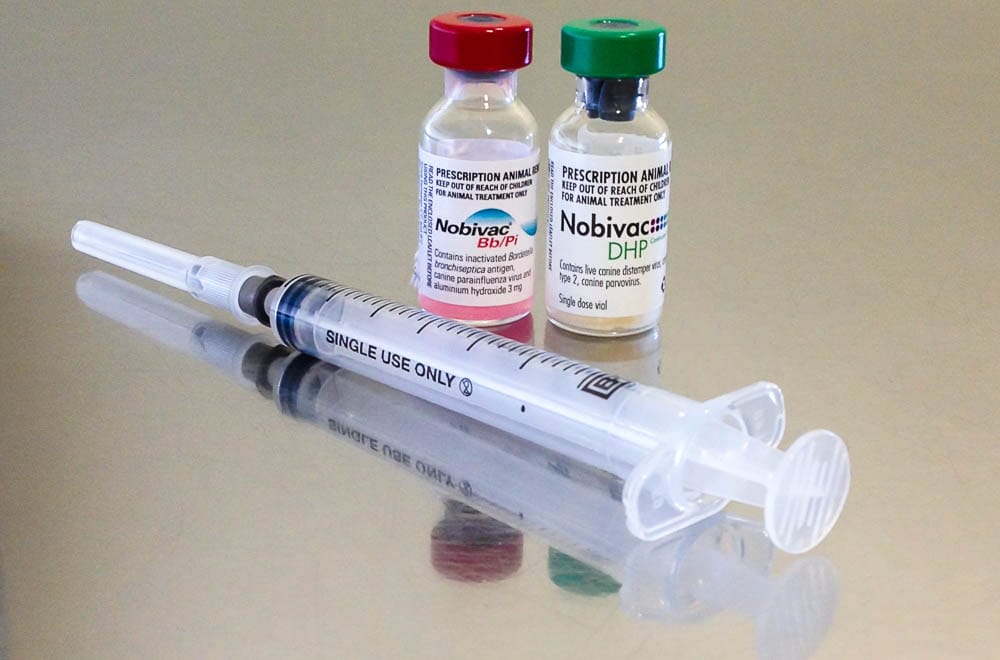
Parasite Prevention
The parasites that are of importance to dogs depends on where you live, but intestinal worms and fleas are present in most places. Heartworm is prevalent in many areas, and prevention is something I strongly recommend. Heartworm disease is a truly awful thing for a dog to experience, and prevention is just so easy. Importantly, dogs don’t need to be in contact with other dogs to be infected with heartworm, because it’s spread by mosquitoes. Paralysis ticks are also deadly to dogs, and should be prevented with an effective product as well as checked for daily if you live in an affected area.
Diet & Nutrition
Puppies under about one year of age have very different dietary requirements from adult dogs because they are growing and developing. It’s important to get the balance right if your puppy is to thrive. It’s something to discuss during this first appointment because you will probably be feeding whatever the breeder or rescue had your puppy on at this stage, and there are a variety of options to choose from.
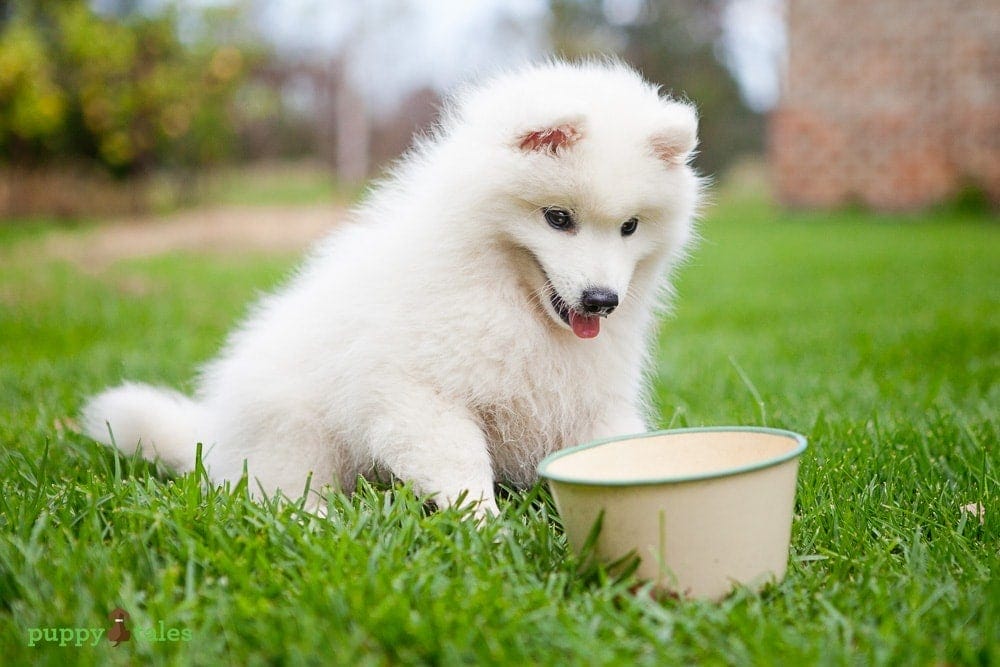
Microchipping
A microchip is a little thing – around the size of a grain of rice -that we inject under a dog’s skin on their back between the shoulder blades. The presence of a microchip means that should your dog get lost, anyone with a microchip scanner can scan the chip, obtaining a unique number. This number links to your details in a database so that you can be reunited with your dog.
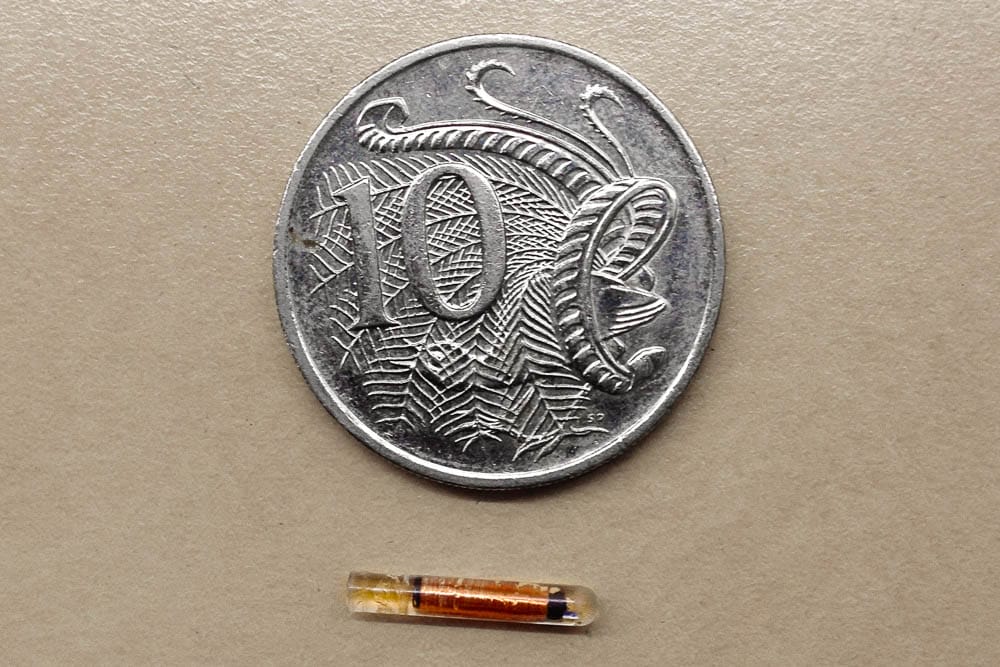
Microchips save lives, and are a legal requirement in many places. When a lost, scared dog is brought trembling into our clinic and we run the scanner over their back, the little ‘beep’ it makes when it detects a chip is music to my ears. Having said that, it’s super important to remember to keep your microchip details up to date. If you move house or get a new phone number it’s crucial you change those details, or the microchip is nothing but a dead end.
Desexing
Although this is not something we tend to do before 5-6 months with most dogs, I always discuss it at this first appointment. I think it’s a good idea for families to have it on their radar and have a think about what they want to do and any questions they may have. I strongly recommend that everyone has their pet dogs desexed. There are a variety of health and behavioural reasons for this, not to mention the accidental litters of unwanted puppies that end up at the local shelter.
Socialisation and Puppy Preschool
Did you know that puppies have a special time in their lives, up until around 16 weeks of age, during which socialisation is crucial? I can’t emphasis enough the importance of socialisation. Positive experiences during this time have lasting effects. They help shape the personality of the adult dog that tiny puppy will become, reducing the likelihood of future problems with anxiety, fear or aggression. The things you expose your puppy to during this time should be wide and varied, and push them a little out of their comfort zone, but should always, always end positively. It’s okay for a pup to find something a little bit intimidating, as long as they are able to learn that it’s not so scary, and maybe even involves things that are good!
The problem here is that my strong recommendations for socialisation are in conflict with recommendations regarding keeping your pup at home until the vaccine course is complete. To me, socialisation is just so important that it’s worth bending the rules. I usually recommend that people introduce their new puppy to other dogs that they know are up to date on their vaccines and friendly – and do it in the safety of your own backyard. I definitely wouldn’t suggest heading down to the local dog park for a romp around before being adequately protected by vaccination.
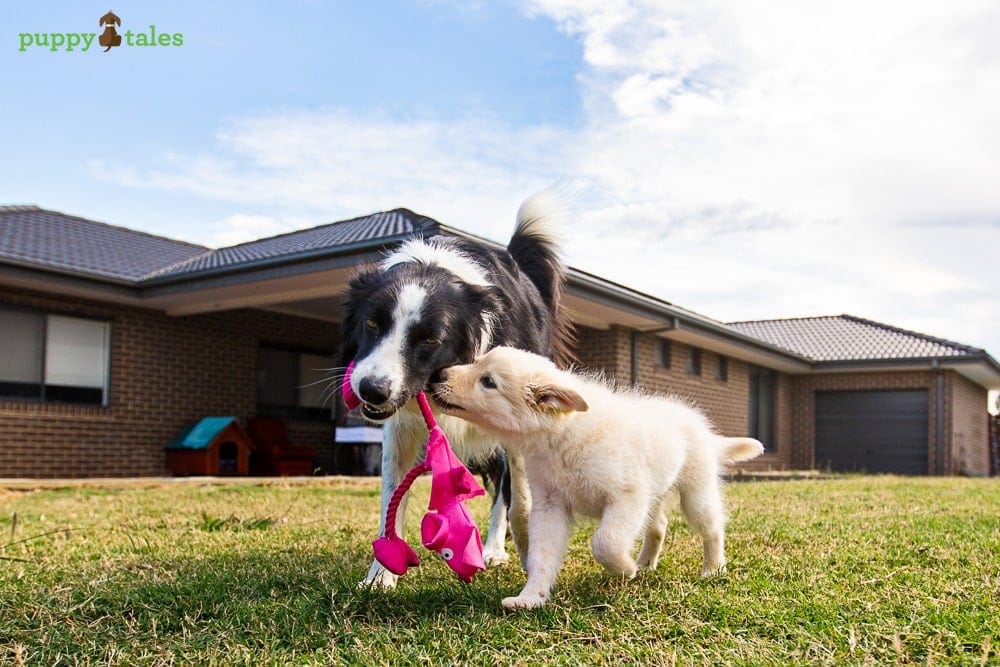
I love it when people sign their puppies up for puppy preschool at the clinic, because on top of all the other benefits, it really creates a positive, fun association with the clinic for the puppies involved.
Toilet Training
It’s important to remember that young puppies simply cannot hold on for long periods. It is very normal for puppies up to 16 weeks of age or even older to have toileting accidents.
I recommend that toilet breaks are offered as frequently as you are able, but at minimum after every time puppy wakes from a sleep, has a play, or has a meal. The most effective method is to reward the behaviour you want (e.g. a yummy treat for weeing outside in the area of your choosing) and to ignore the accidents. As tempting as it may be to scold your puppy for accidents. They really aren’t able to put two and two together to understand what they’re done wrong and what you actually expect from them. The connection they do make, however, is that if you are around when they toilet, bad things happen. This means they will be more likely to hide to do their business or feel anxious about it all. There is nothing worse you can do than ‘rub your dog’s nose in it’. This old fashioned advice achieves nothing other than damaging the bond between owner and pet.
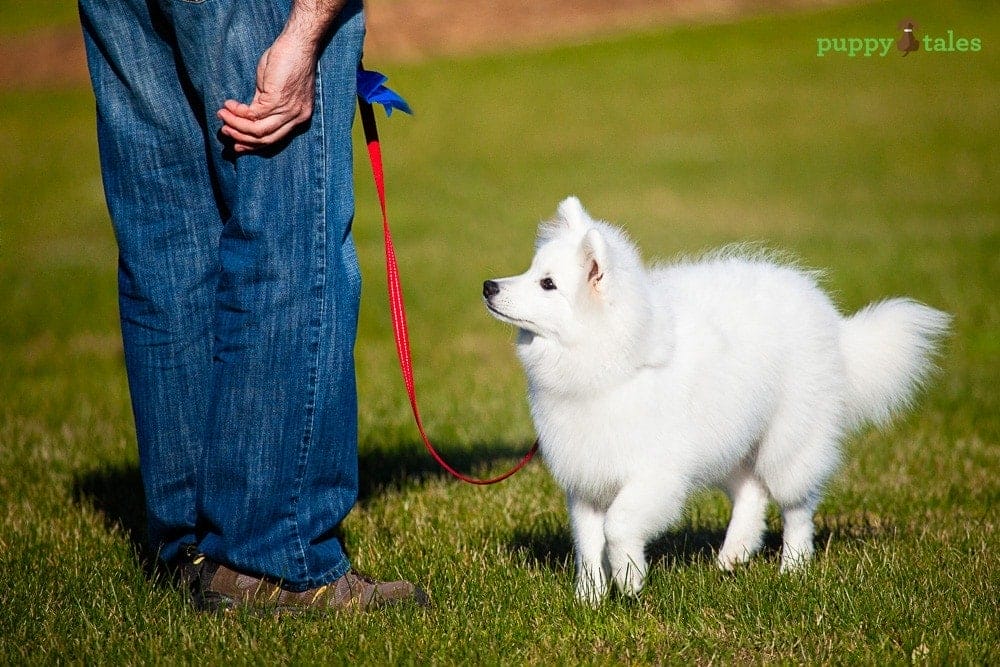
General Behavioural Advice
I usually discuss things like mouthing and biting as well as rough play and encouraging polite behaviour. This is also where we can chat about anything else the family is concerned about with their new four-legged friend.
What You Should Expect From Your First Visit
- The vet should spend adequate time with you and your puppy, answering all of your questions.
- Your puppy should be given a full physical examination.
- You should receive appropriate advice on vaccination, parasite prevention, desexing, nutrition, puppy training and socialisation.
I like to spend most of the consult feeding the puppy tasty treats and incorporating lots of pats and cuddles in to the physical examination. The key is to make it a positive experience.
I always give people a handout at the end of the visit with everything we’ve discussed in writing and let them know that they can call any time with any further questions.
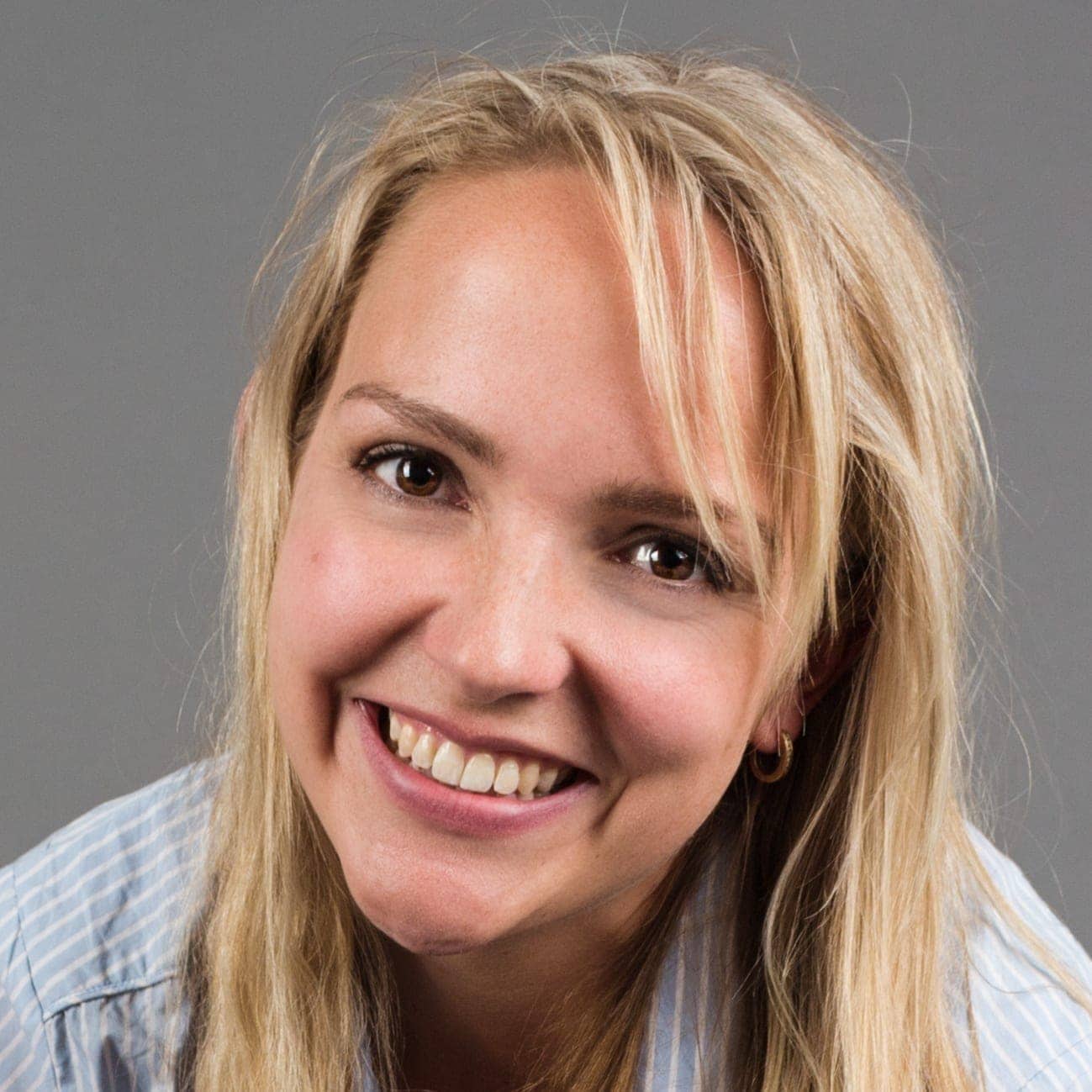
Dr Jo Paul
Dr. Jo is a practicing small animal veterinarian with a big heart and a passion for helping four-legged family members live happy, healthy lives. Also a self-confessed nerd, she makes it her mission to keep learning every day in order to offer her patients the best care possible.


